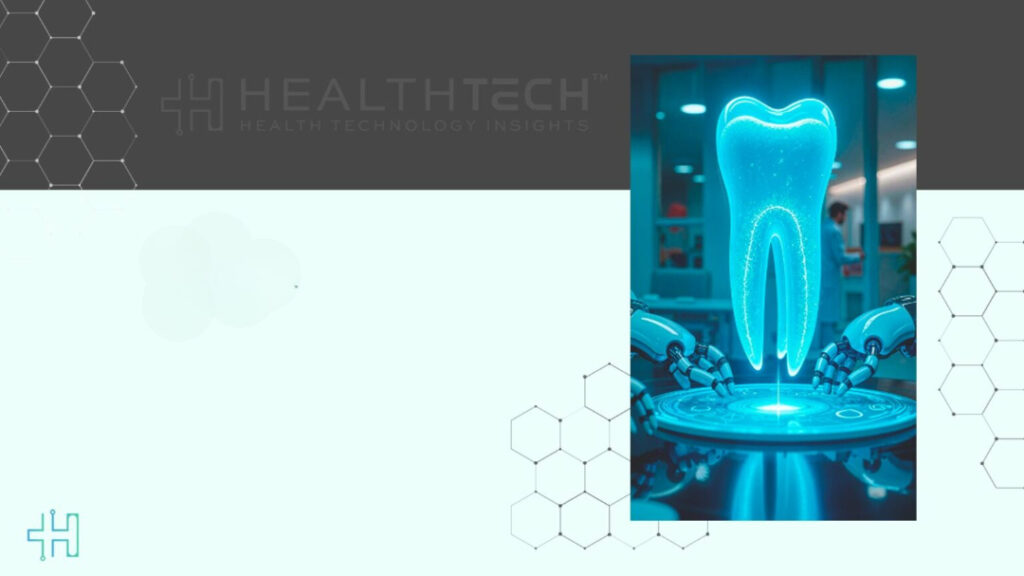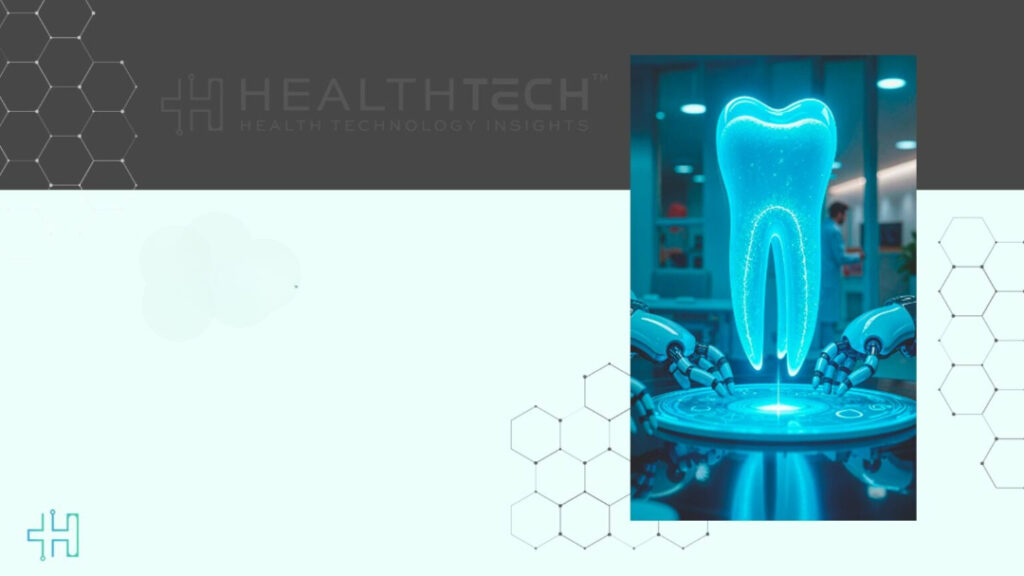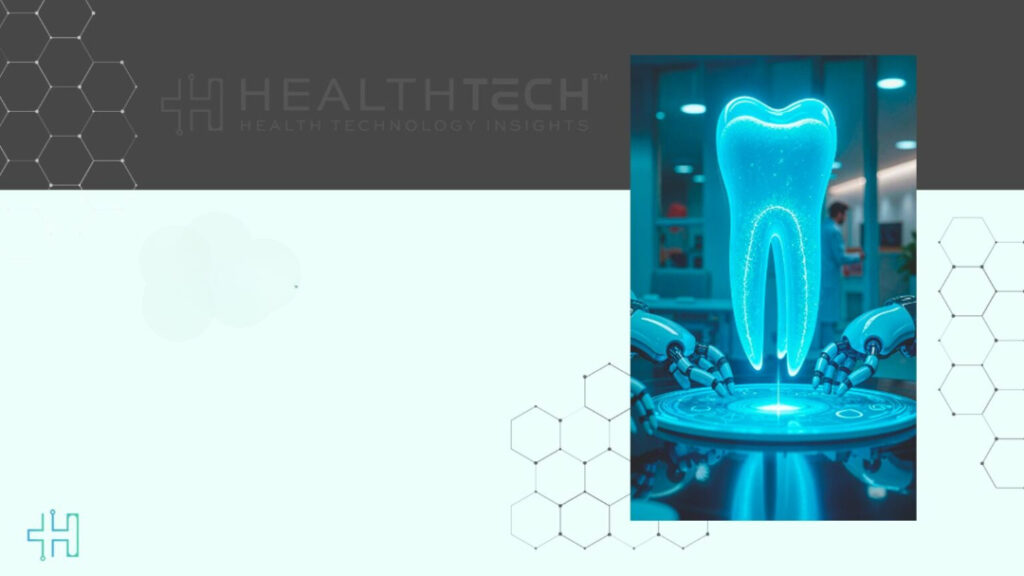Over the past few years, artificial intelligence (AI) has come a long way in transforming healthcare, and nutrition is no different. With the increasing need for personalized nutrition, AI-based digital dietitians are quickly becoming potential substitutes for conventional human dietitians. This ongoing debate about AI vs. Human Dietitians raises an important question: When it comes to choosing the right approach to nutrition guidance, which one truly delivers better outcomes?
In this article, we look at both AI and human dietitians, comparing their advantages, disadvantages, and the future prospects of each. We will see how AI is revolutionizing the world of nutrition and whether it can ever replace the human factor in dietetics.
AI in Nutrition
AI-based nutrition software is fast becoming popular because it can scan enormous amounts of data, customize dietary advice, and offer real-time insights. Nutriband, Lumen, and Noom are some of the companies at the forefront of applying AI to develop customized diet plans. This software uses personal health data to suggest meals, track intake, and offer tips for better overall health.
As per a 2024 Markets and Markets report, the health and wellness industry’s AI is projected to grow at a CAGR rate of 42.7% from 2020 to 2027. This shows more individuals are embracing AI-based health and wellness solutions like nutrition coaching.
Benefits of AI in Nutrition:
- Personalization: AI programs can modify diet regimens according on personal information.
- Scalability: AI can provide affordable solutions to thousands of people at once.
- Consistency: AI systems are always available and never get tired.
The Human Touch in Nutrition
Although AI is beneficial, human dietitians possess skills that technology cannot. Human dietitians possess comprehensive knowledge of nutrition science, emotional intelligence, and trust-building with clients. Such personal relationships are essential in the comprehension of complicated health conditions, food preferences, and lifestyle considerations that affect nutrition.
In the United States, according to the Bureau of Labor Statistics, the median yearly salary for dietitians and nutritionists was $63,900 in 2023. This highlights the growing need for personalized nutrition guidance and a trusted professional relationship with a dietitian.
Human Dietitians’ Benefits
Human dietitians provide profound experience, compassion, and flexibility to individualized nutrition care. They can evaluate intricate medical histories, comprehend emotional and behavioral influences, and modify meal plans in response.
Their capacity to establish trust and communicate with cultural and psychological awareness makes them excellent collaborators in long-term health journeys.
In clinical environments, their work is particularly crucial for the management of conditions such as diabetes, eating disorders, or gastrointestinal problems, domains where human judgment and emotional support are paramount.
Empathy and Communication
Human dietitians can interpret emotional signals and tailor their recommendations according to personal requirements.
Sophisticated Case Handling
They are more capable of handling health issues that need sophisticated recommendations, like eating disorders or chronic diseases.
Behavioral Change Guidance
Humans can offer motivational guidance, which is a key factor for long-term success regarding nutrition modification.
Comparing AI and Human Dietitians
AI and human dietitians both bring invaluable benefits, but they have some fundamental differences.
1. Personalization and Flexibility
AI-based tools have the advantage of providing highly individualized diet plans based on quantifiable information such as activity level, metabolism, and body composition. Such customization can be hard for human dietitians to provide on a large scale. But human dietitians can modify plans in real-time based on overall life situations, needs, and goals that AI may not be fully aware of.
2. Cost and Accessibility
AI systems are more economical, providing scalable services at a fraction of the price of face-to-face consultations with human dietitians. With online platforms and apps, individuals can get immediate feedback and advice at a reduced price, which is convenient for individuals with restricted access to healthcare experts. Human dietitians can be costlier, as many health insurance plans do not fully cover nutrition counseling services.
3. Trust and Empathy
Though AI is highly effective in data analysis, it can never match the empathetic rapport between a human dietitian and his or her clients. For those with chronic health problems or struggling with emotional eating patterns, the trust gained with a human dietitian cannot be valued enough. Human contact allows for enhanced communication, critical to supporting lasting behavioral change.
The Future of Nutrition: A Hybrid Model?
So, which is the better option, AI or human dietitians? The answer likely lies in a hybrid approach. As AI continues to advance, it can be used as a valuable tool to enhance and support human dietitians’ work, rather than replace them.
AI can handle data analysis, track progress, and deliver personalized recommendations, while human dietitians can provide emotional support, adjust plans based on evolving circumstances, and offer insights based on their expertise and experience.
Hybrid model examples include:
NutriSense, an AI-powered platform that works alongside certified dietitians to provide continuous feedback and personalized nutrition advice. It combines AI’s ability to process data with the human touch of a dietitian to address long-term health goals.
DayTwo, which offers personalized nutrition advice based on microbiome data and collaborates with nutrition professionals to deliver human-centered care alongside AI-driven recommendations.
Industry Predictions
The future of human dietitians and AI is collaboration. In a Deloitte 2023 report, AI deployment in healthcare would see medical and wellness consultations becoming 80% more efficient by 2027. This is an indication that AI can work alongside dietitians to help them deal with repetitive tasks and enable them to focus on deeper and more tailored care.
Moreover, Grand View Research forecasts the worldwide digital health industry, which covers AI-based nutrition solutions, to increase to $510.1 billion in 2028, further suggesting AI integration into health services.
The Best Choice for You
Both human and AI dietitians offer strengths; the best choice depends on individual needs and personal preferences. For people looking for quick, data-informed counsel and accessibility, AI presents a strong option. Yet for those with multifaceted health issues or who require emotional guidance, human dietitians will continue to fill a critical need.
The future of nutrition must be hybrid, where AI-based tools complement human knowledge. Through the synergy of their powers, we can bring about a future where nutrition advice is more accessible, personalized, and efficient than ever.
FAQs
1. How do AI-powered nutrition tools compare to human dietitians in terms of personalization?
AI-powered nutrition tools offer personalized meal plans by analyzing individual data such as age, weight, activity level, and metabolic rate. These tools can quickly generate tailored recommendations, making them efficient for users seeking immediate dietary guidance.
2. What are the cost implications of choosing AI nutrition apps over traditional dietitian consultations?
AI nutrition apps are generally more cost-effective than traditional dietitian consultations. They often operate on a subscription model, providing users with continuous access to dietary recommendations without the need for expensive one-on-one sessions.
3. Can AI tools effectively replace human dietitians in managing complex health conditions?
While AI tools can assist in managing certain aspects of health, such as tracking food intake and providing general dietary advice, they may not be sufficient for managing complex health conditions.
4. What role does empathy play in nutrition counseling, and can AI replicate this?
Empathy is a cornerstone of effective nutrition counseling. Human dietitians can build trust, understand emotional cues, and provide motivational support, which are crucial for behavior change.
5. What is the future outlook for AI and human dietitians in the nutrition industry?
The future of nutrition lies in a collaborative approach where AI and human dietitians complement each other. AI can handle data analysis, track progress, and provide standardized recommendations, while human dietitians can focus on personalized care, emotional support, and complex case management.
To participate in our interviews, please write to our HealthTech Media Room at sudipto@intentamplify.com







